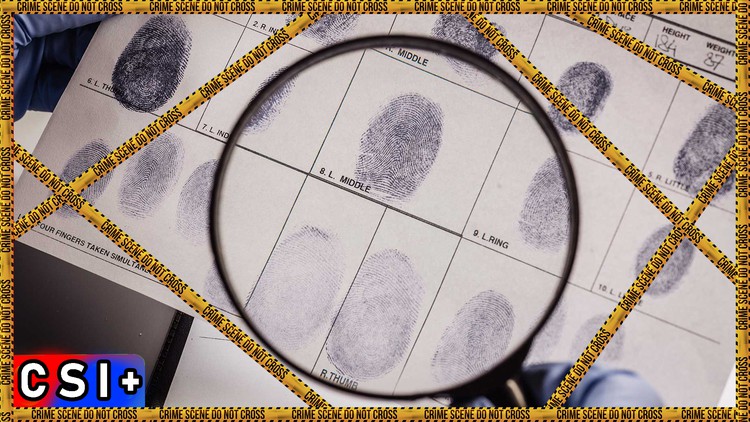
Learn Criminal Law and Start your career with certification of Criminal Law and Criminal Psychology, Learn Criminology.
What you will learn
Criminological Approach to Scenario
Psychology behind the crime
What makes you criminal ?
Psychological Positivism behind Crime
How to define Criminal
Criminal Psychology
The history of criminology and criminal psychology
Explore the evolution of criminology and criminal psychology throughout history
Discover the crucial role of crime scene investigators and the CSI process in criminal investigations
Learn about various types of crime scenes and effective evidence collection methods
Master the art of conducting thorough crime scene investigations
Unpack the intricacies of the psychology behind criminal behavior
Understand the root causes of criminal activity and how to prevent it
Analyze the diverse characteristics and traits of different types of offenders
Gain insights into the workings of the criminal justice system and the vital role of law enforcement
Explore the most popular theories of crime and deviance
Delve into the different types of crimes including violent, property, and white-collar offenses
Classify and identify serial killers based on their specific behaviors and characteristics
Gain a deep understanding of the psychology behind mass murderers and spree killers
Discover the pivotal role of forensic psychology in criminal investigations
Learn how to effectively use criminal profiling to solve complex criminal cases
Gain a comprehensive understanding of victimology and its role in criminal investigations
Discover the nuances of eyewitness testimony and its impact on criminal cases
Learn effective techniques for interviewing witnesses and suspects
Gain insight into the science of analyzing physical evidence in criminal investigations
Discover the importance of DNA evidence in criminal investigations
Learn how to analyze fingerprints and other types of physical evidence in forensic investigations
Gain knowledge about bloodstain pattern analysis and its role in criminal investigations
Understand the science behind shoe and tire impression analysis
Learn about ballistics evidence and how it is used in criminal investigations
Gain knowledge about tool mark analysis and other types of physical evidence
Explore the process of conducting a psychological autopsy in criminal cases
Discover the crucial role of criminal psychology in courtroom proceedings
Gain a comprehensive understanding of the jury selection process and the psychology behind juror decision-making
Learn about the use of expert witnesses in criminal cases
Discover the significance of ethical considerations in criminal investigations
Gain insights into the future of criminology and criminal psychology research and practice.
Description
While acquainting students with criminal science, focusing on how is fundamental, different ideas and standards of hypothetical improvement are woven into how we might interpret. This part starts with a concise conversation of such ideas as wrongdoing, criminal, degenerate, criminal science, law enforcement, and agreement and struggle viewpoints of criminology. The accompanying segment presents an overall rundown of the unique phases of the grown-up law enforcement system, as well as the adolescent equity. The first section of our Criminology and Criminal psychology training presents a general summary of the different stages of the criminal justice system, as well as the justice system. Next, this section illustrates how criminology informs policies and programs. Unfortunately, there are instances when policies are not founded
on criminological theory and rigorous research, but are more of an interesting reaction to perceived problems. The second section provides an overview of victimology and various issues related to victims of crime.
Crime, like so many things in our social world, has a certain taken-for-granted or common-sense nature. When we use the term, we assume the category is meaningful; that is, we assume that those to whom we are talking will understand what we’re
talking about and will tend to use the term in the same way as we do. This, of course, is the basis upon which the social world operates on assumptions about the taken-for-granted meaningfulness of the vocabulary we use and the behaviours we enact. The word crime is used regularly in everyday conversation. That it is used in this manner implies that there is a sufficient level of common understanding for it to be meaningful. On one level, this is undoubtedly the case.
However, this masks a number of complexities. As we will see, identifying the boundary between acts that are crimes, and acts which are not crimes, is often far from straightforward.
Content
Introdcution to Criminology
Fundamentals of Criminology
Criminal Behaviour
Violent Crime
Criminal Justice